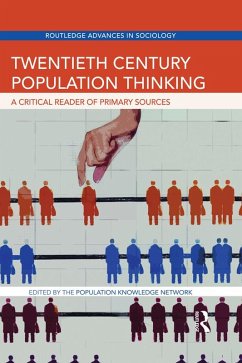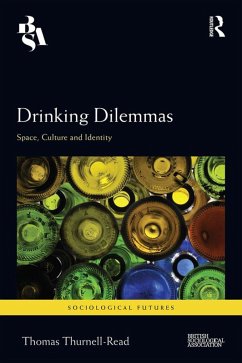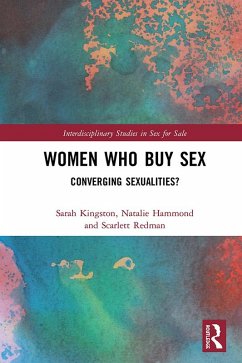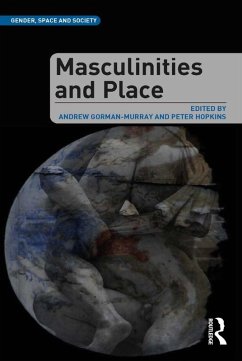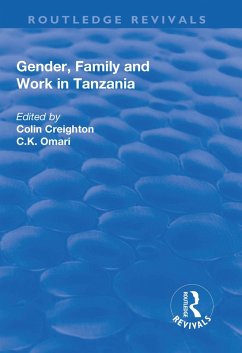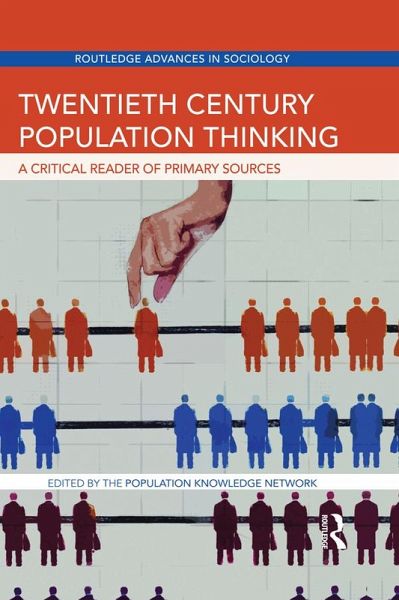
Twentieth Century Population Thinking (eBook, ePUB)
A Critical Reader of Primary Sources
Redaktion: Population Knowledge Network, The
Versandkostenfrei!
Sofort per Download lieferbar
49,95 €
inkl. MwSt.
Weitere Ausgaben:

PAYBACK Punkte
25 °P sammeln!
This reader on the history of demography and historical perspectives on "population" in the twentieth century features a unique collection of primary sources from around the globe, written by scholars, politicians, journalists, and activists. Many of the sources are available in English for the first time. Background information is provided on each source. Together, the sources mirror the circumstances under which scientific knowledge about "population" was produced, how demography evolved as a discipline, and how demographic developments were interpreted and discussed in different political a...
This reader on the history of demography and historical perspectives on "population" in the twentieth century features a unique collection of primary sources from around the globe, written by scholars, politicians, journalists, and activists. Many of the sources are available in English for the first time. Background information is provided on each source. Together, the sources mirror the circumstances under which scientific knowledge about "population" was produced, how demography evolved as a discipline, and how demographic developments were interpreted and discussed in different political and cultural settings. Readers thereby gain insight into the historical precedents on debates on race, migration, reproduction, natural resources, development and urbanization, the role of statistics in the making of the nation state, and family structures and gender roles, among others. The reader is designed for undergraduate and graduate students as well as scholars in the fields of demography and population studies as well as to anyone interested in the history of science and knowledge.
Dieser Download kann aus rechtlichen Gründen nur mit Rechnungsadresse in A, B, BG, CY, CZ, D, DK, EW, E, FIN, F, GR, HR, H, IRL, I, LT, L, LR, M, NL, PL, P, R, S, SLO, SK ausgeliefert werden.




